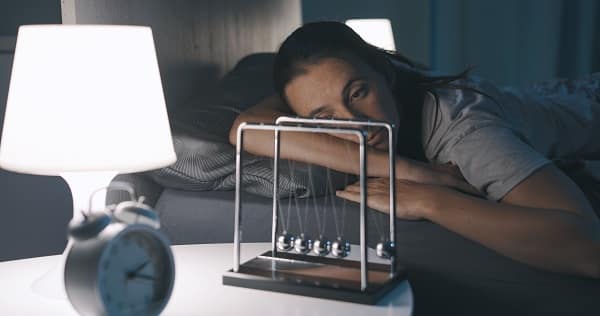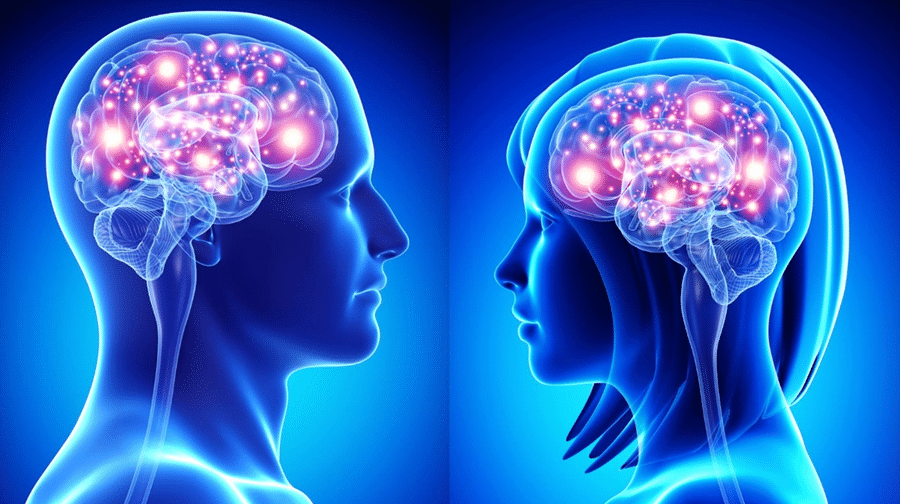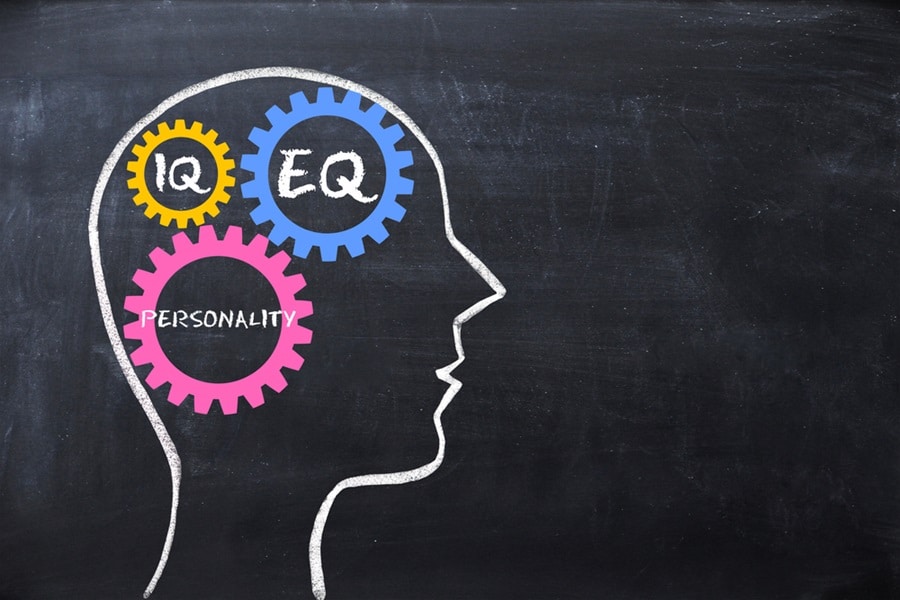Did you know that sleep is just as important as food and water? It’s true! If you don’t get enough sleep, your body will start to break down. That’s why ensuring you get the proper sleep every night is crucial. This article will discuss some of the things you may not know about sleep. We’ll cover topics such as how much sleep you need, the benefits of sleep, and how to get a good night’s sleep. So whether you’re trying to improve your health or want to learn more about this essential bodily function, keep reading!
Contents
- 1 The Benefits of Getting A Proper Night of Sleep
- 2 You Can Sleep Too Much Or Too Little
- 3 There Are Different Stages of Sleep That Are Important For Your Body
- 4 Sleeping In A Cool, Dark Room Is Best For Getting A Good Night’s Sleep
- 5 Gadgets And Electronics Can Interfere With Your Sleep
- 6 Some People Suffer From Insomnia
- 7 There’s No Denying That Sleep Is Important!
The Benefits of Getting A Proper Night of Sleep
Many underestimate the power of a good night’s sleep. Most people don’t realize the immense benefits that come with getting a proper amount of rest. For one thing, sleep helps to improve focus and concentration. It also allows the body to repair itself from the wear and tear of the day. In addition, sleep helps to boost energy levels and overall mood. Getting a good night’s sleep is also essential for maintaining a healthy weight. Studies have shown that people who don’t get enough sleep are more likely to gain weight over time. Finally, sleep is vital for optimal health. Lack of sleep can cause several health problems, including heart disease and diabetes. So if you’re looking for ways to improve your health and well-being, start by ensuring you get enough rest each night.
You Can Sleep Too Much Or Too Little

Any parent of a newborn can attest to the importance of sleep. Newborns sleep up to 17 hours a day, and as they grow, that number gradually decreases. By reaching adulthood, most people need between 7 and 8 hours of sleep daily. However, sleeping too little and too much can have negative consequences. When you don’t get enough sleep, you’re more likely to suffer from fatigue, irritability, and poor concentration. You may also be at higher risk for developing chronic health problems such as obesity, diabetes, and heart disease. On the other hand, sleeping too much has also been linked to various health problems, including depression, anxiety, and heart disease. So while getting a good night’s sleep is vital for your health, finding the right balance is also essential.
There Are Different Stages of Sleep That Are Important For Your Body

Getting a good night’s sleep is vital for maintaining your health and well-being. And, although it may seem like you’re just lying there motionless, your body is going through a complex series of changes as you sleep. These changes occur in a repeating cycle of different stages of sleep that last for about 90 minutes. Each stage provides various benefits for your physical and mental health. For example, during the early stages of sleep, your body can repair any damage that has occurred during the day. Then, in the deeper stages of sleep, your brain can consolidate memories and form new connections. And during the REM stage, your brain can process emotions and store long-term memories. As you can see, all the different sleep stages are essential for your body and mind. So, if you’re having trouble sleeping, talk to your doctor to see if there might be an underlying cause.
Sleeping In A Cool, Dark Room Is Best For Getting A Good Night’s Sleep

A cool, dark room is the ideal environment for sleeping. The body’s natural temperature decreases at night, and a cool room helps to support this process. Darkness also helps to promote sleep by signaling to the body that it is time to rest. In addition, a dark room is less likely to be disturbed by outside noise and light, making it easier to fall asleep and stay asleep. Although everyone’s sleep needs differ, most people do their best when sleeping in a cool, dark room. So if you’re struggling to get a good night’s sleep, consider making simple changes to your bedroom environment. Cooling down the room and eliminating light sources can significantly affect how well you sleep.
Gadgets And Electronics Can Interfere With Your Sleep

A good night’s sleep is essential for good health, but it can be difficult to get the recommended seven to eight hours when electronic devices are constantly bombarding you. The blue light emitted by screens suppresses the production of melatonin, a hormone that helps to regulate sleep cycles. Furthermore, the mental stimulation from using devices can make it hard to wind down at night. Studies have shown that people who use electronics in bed are more likely to experience insomnia and other sleep problems. If you want to get a good night’s sleep, it’s important to disconnect from your gadgets an hour or so before bedtime. Create a relaxing bedtime routine that doesn’t involve screens, and make sure your bedroom is dark and quiet enough to promote sleep. You can create the conditions necessary for a restful night’s sleep with a little effort.
Some People Suffer From Insomnia

While some people can fall asleep as soon as their head hits the pillow, others have insomnia, a condition that can make it difficult to fall asleep and stay asleep. There are many potential causes of insomnia, including stress, anxiety, depression, and sleep disorders. Treatment for insomnia typically focuses on addressing the underlying cause. For example, your doctor may recommend counseling or medication if anxiety keeps you up at night. If you have a sleep disorder, they may prescribe a CPAP machine. Some lifestyle changes can help, such as avoiding caffeine and creating a bedtime routine. If you have insomnia, don’t suffer in silence-talk to your doctor about treatment options.
There’s No Denying That Sleep Is Important!
We hope this article has convinced you of the importance of getting a good night’s sleep. You should take it seriously, as it can have serious consequences for your physical and mental health if you don’t get enough shut-eye. So follow these tips to help you get the most out of your slumber and feel more rested during the day. How well do you think you currently sleep? Do any of these tips need some work for you?


